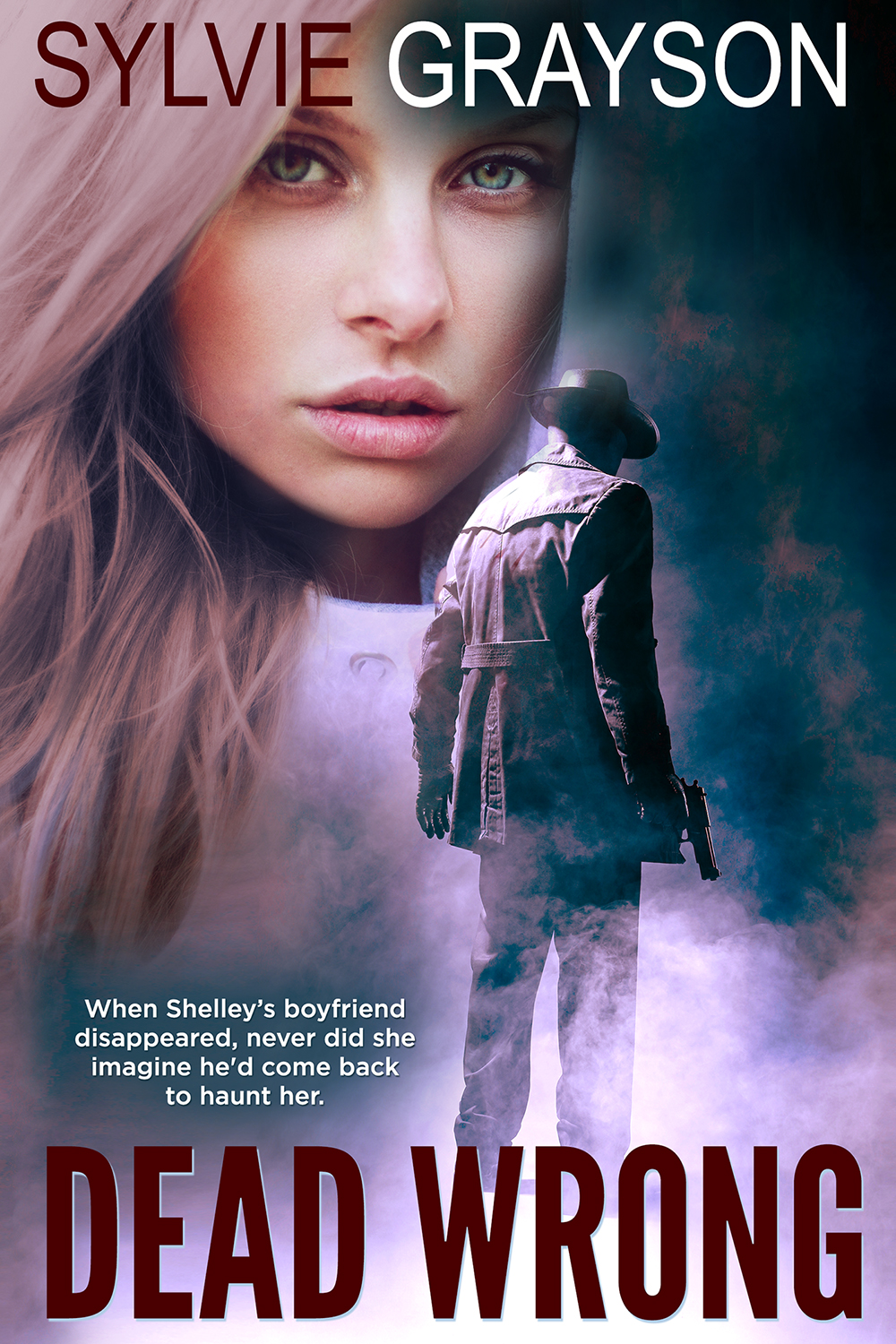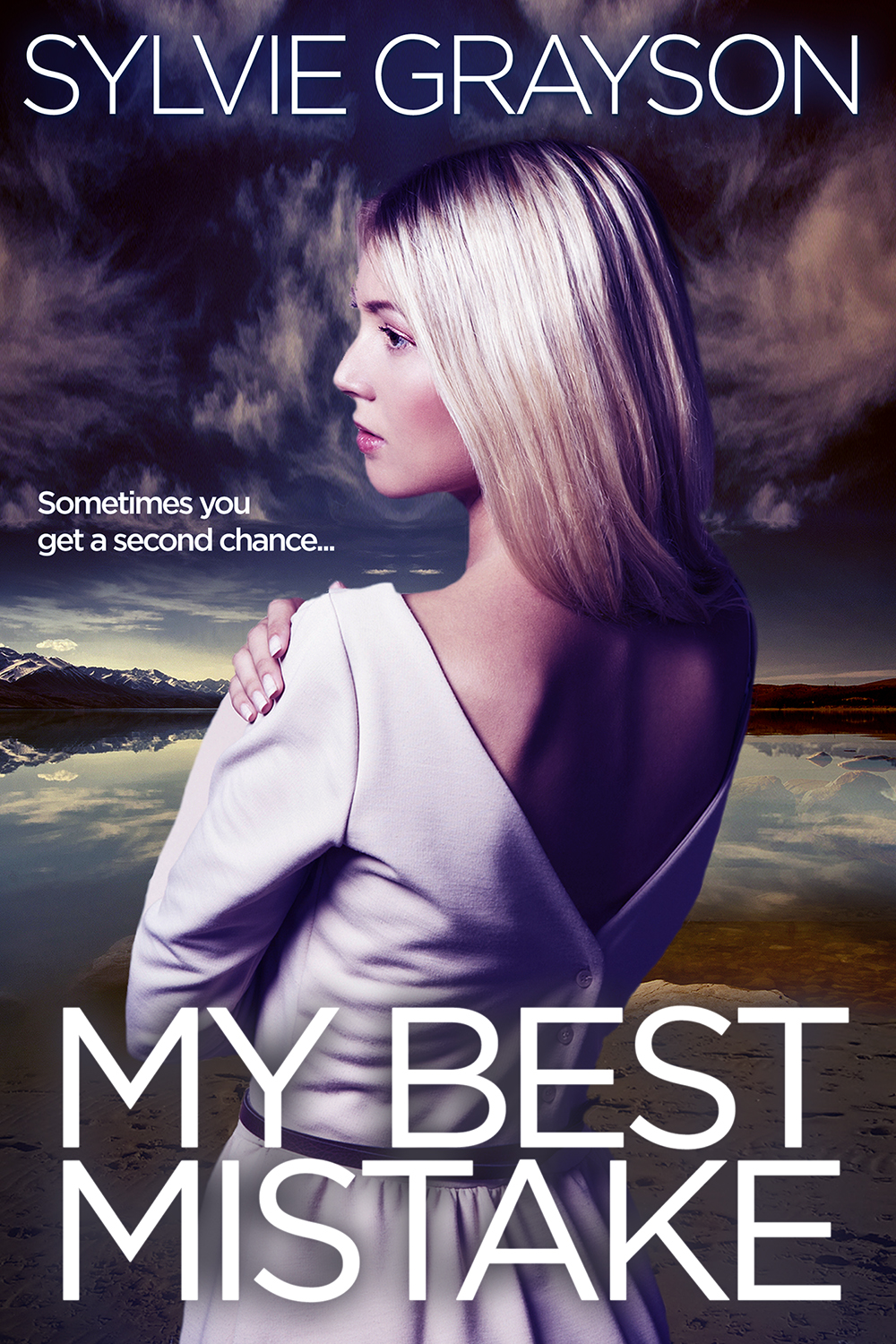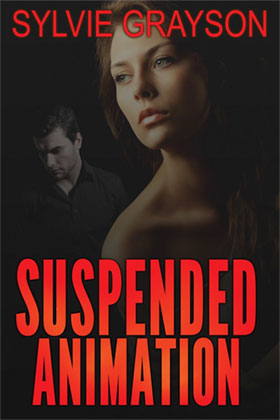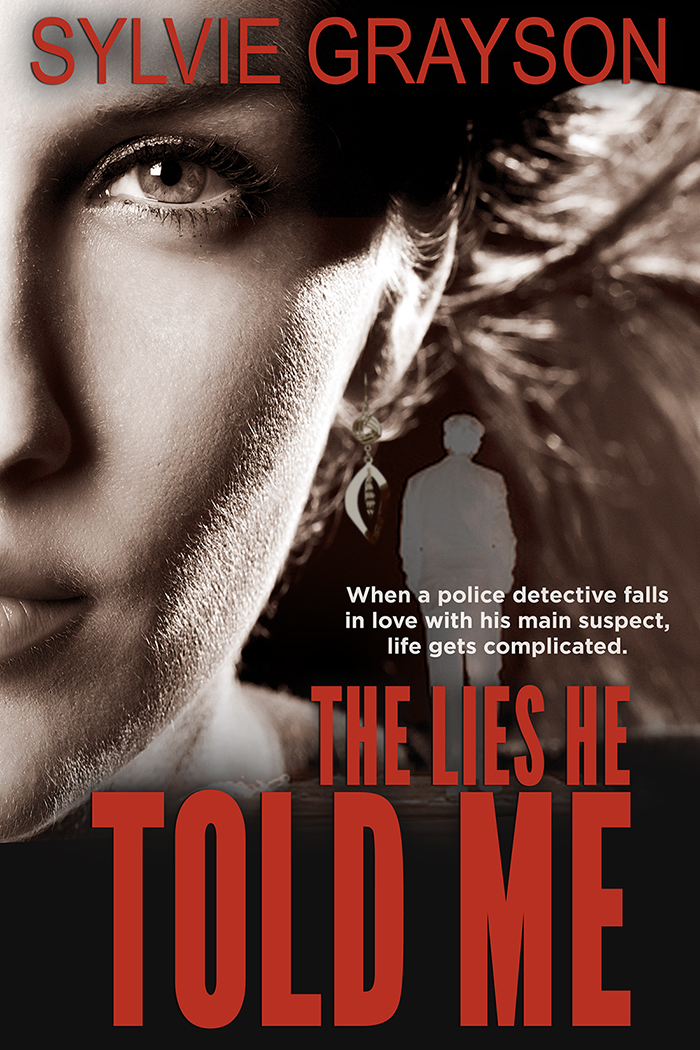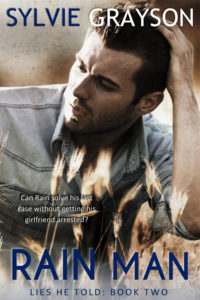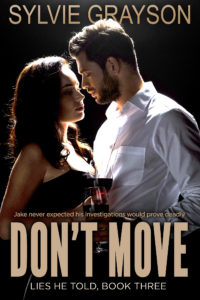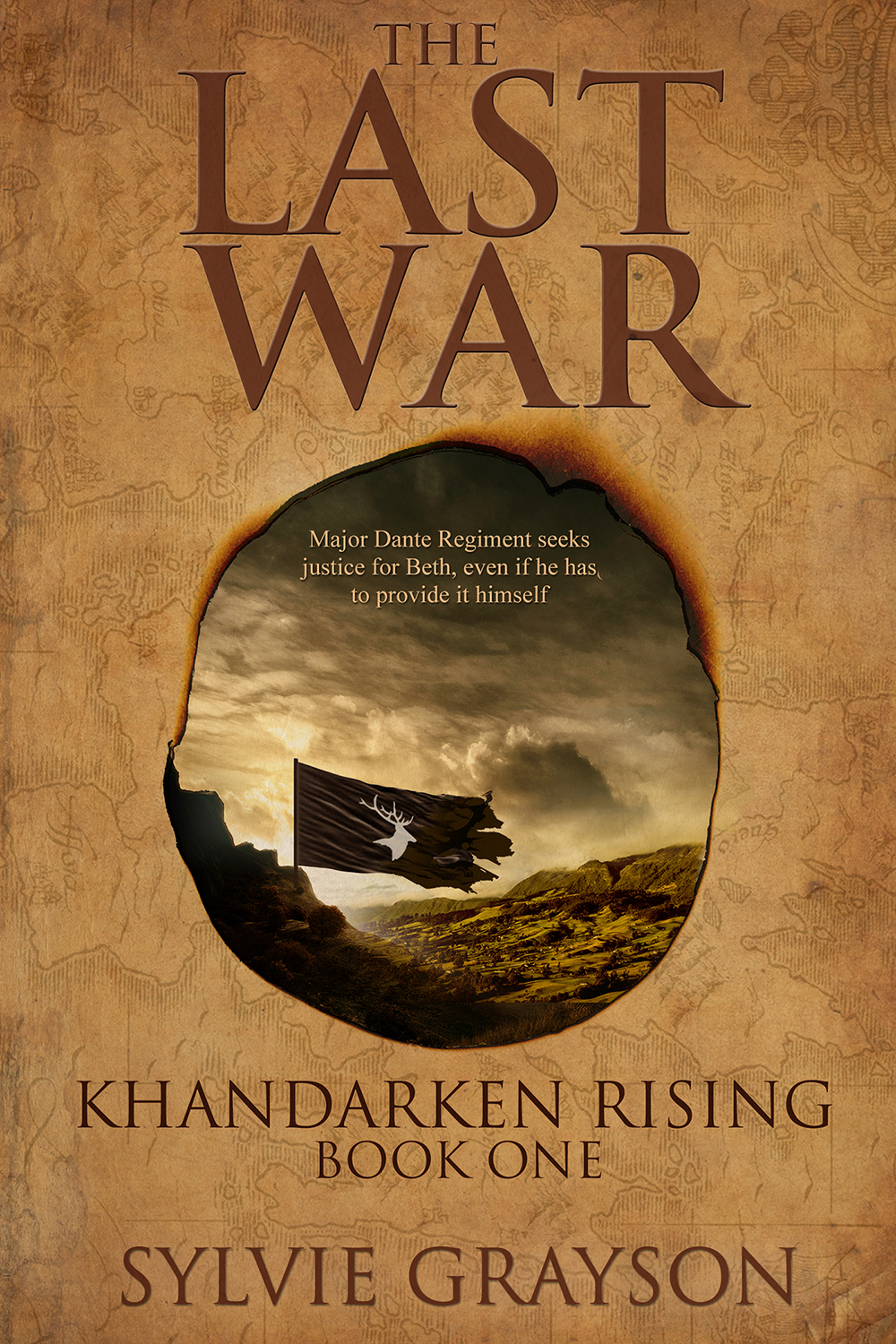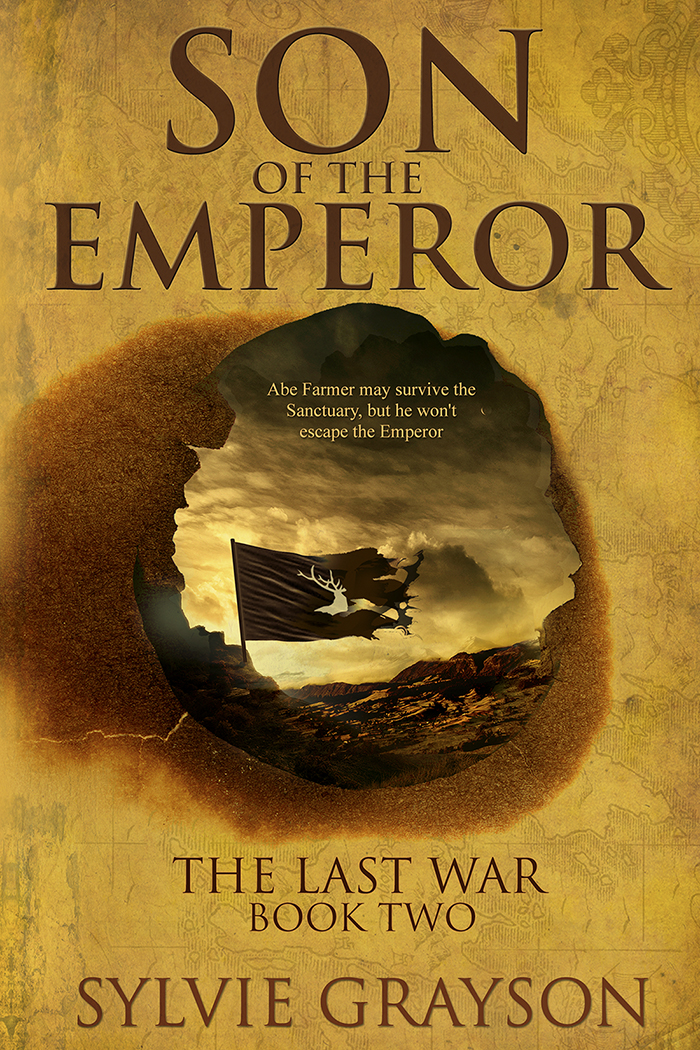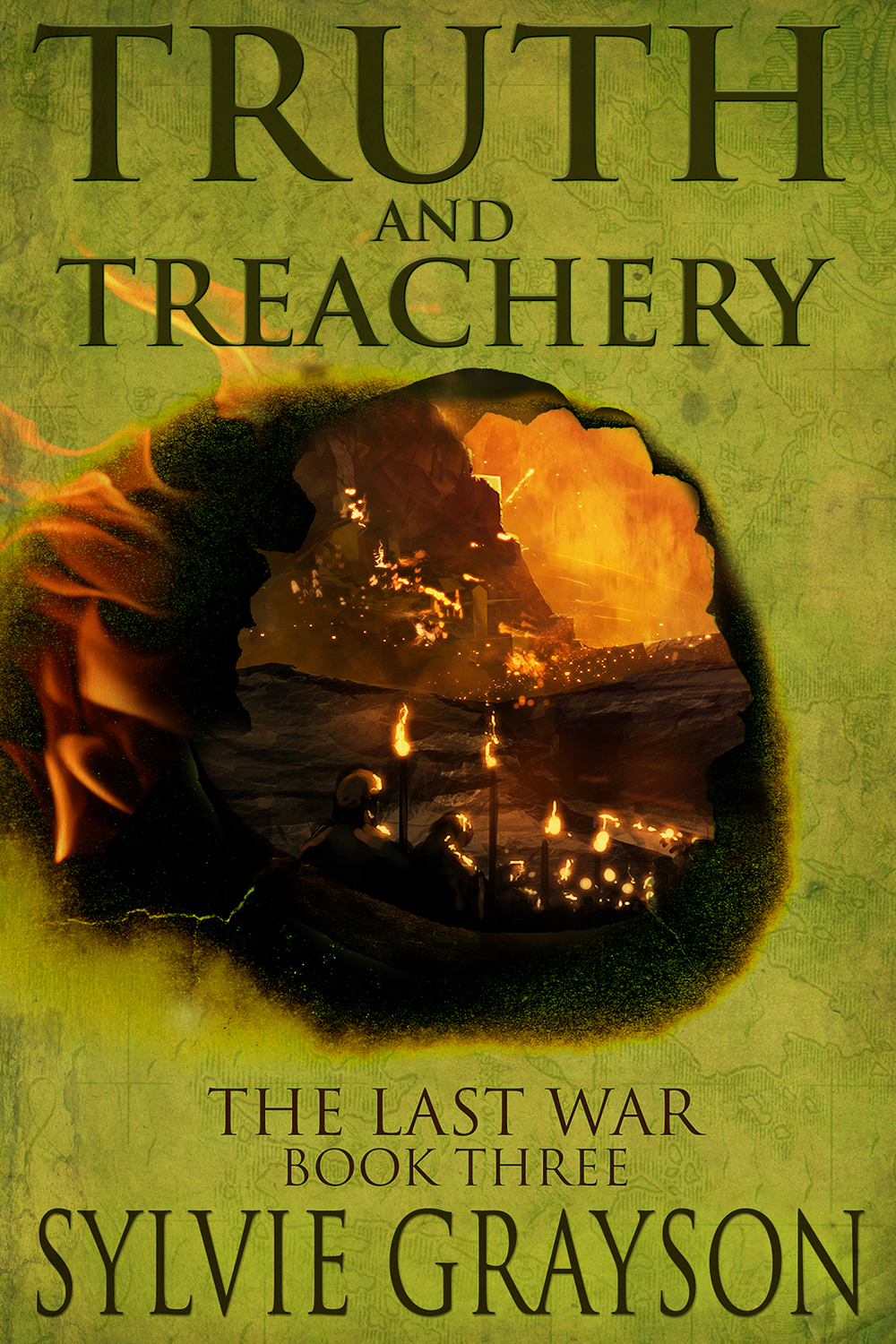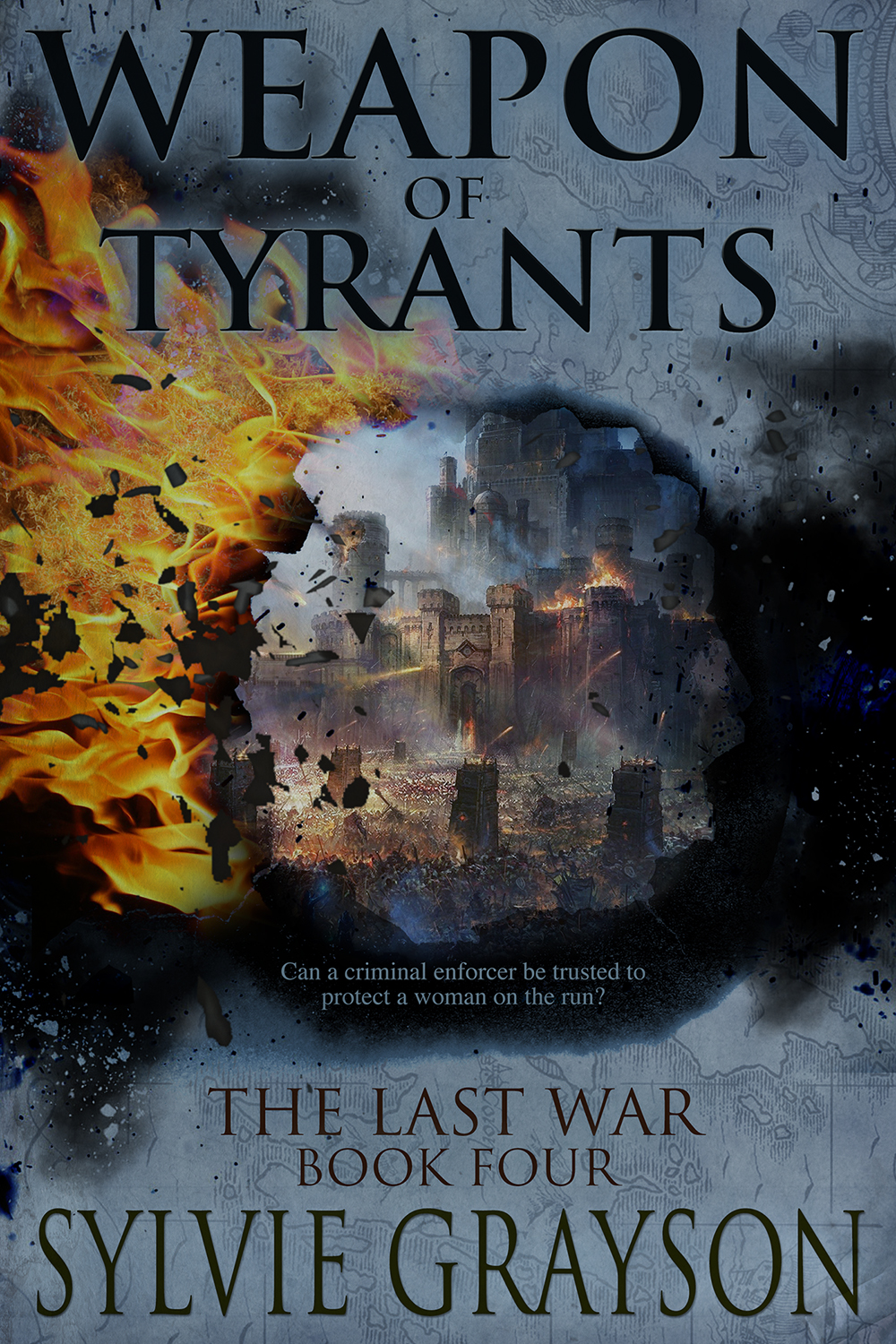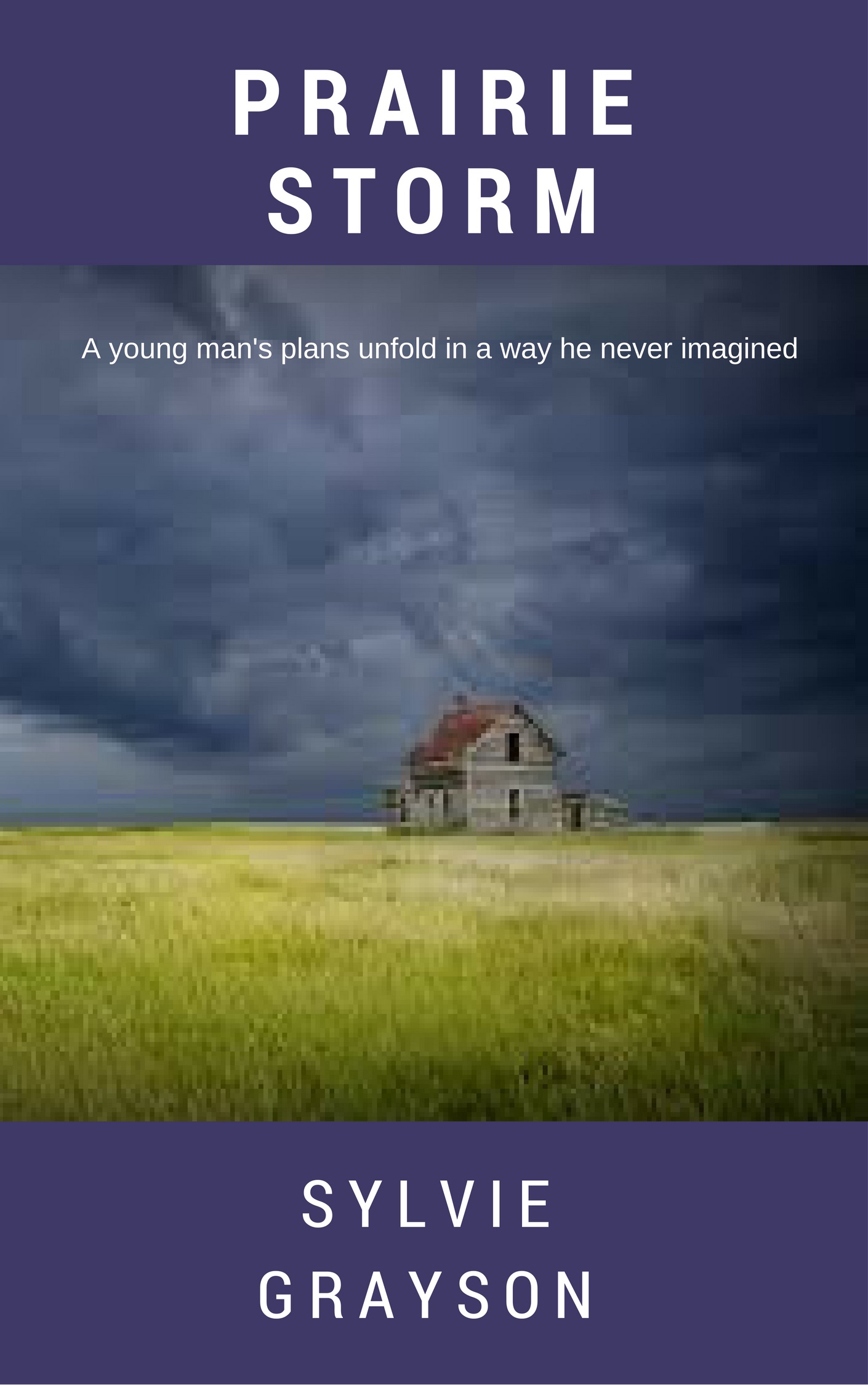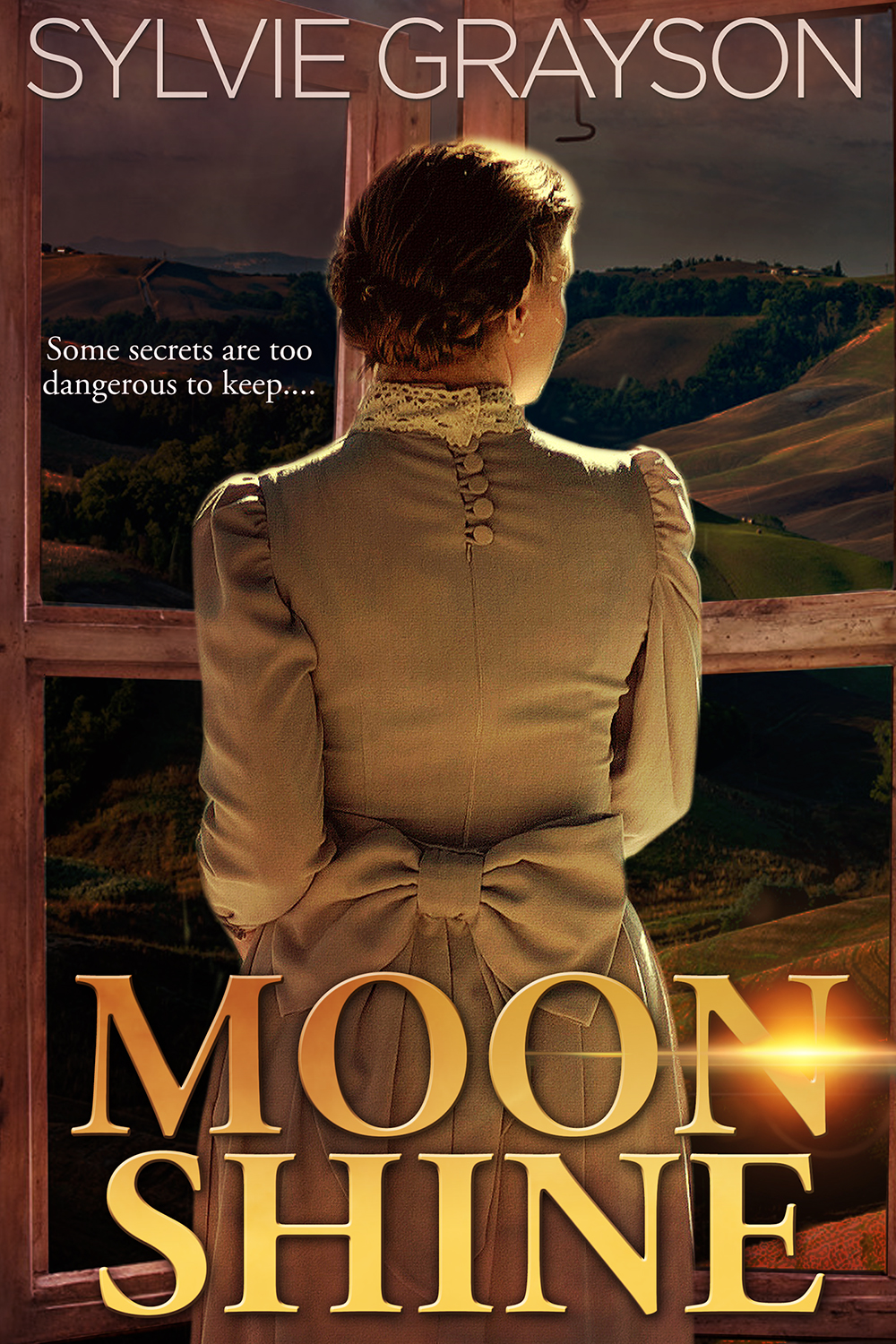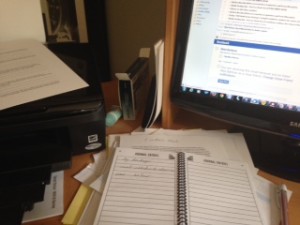 (To follow my blog, click on the ‘Follow’ button in the lower right)
(To follow my blog, click on the ‘Follow’ button in the lower right)
Like anyone else who writes novels, I sometimes have trouble making progress on my manuscript. ‘Sometimes’ might not be the right word, often is more apropos. (I have a need to be honest here.)
There are interruptions. I have a job, and it’s important to me, given it’s a business that I am part owner of and have invested rather heavily in. (I know, that sentence ended in a preposition. Forgive me.)
Other interruptions include family – what are they thinking? That I want to spend time with them? Well, actually, I do.
Then there are health issues that can come at me suddenly, like a thief in the night, robbing me of my equilibrium and concentration.
Nonetheless, I need to write. What to do?
There are lots of ideas out there
- get your seat in the chair
- put on the timer and write till it tells you to stop
- get a software programme that counts your words and measures your output
- wear noise muffling earphones
- move into the trailer or the barn in the yard until the MS is finished
- set a deadline
There are more ideas. Check out this blog http://novelexperience.info/improved-writing-productivity-100/ for some good ideas on increasing your productivity.
And yet, when it comes right down to it, sometimes you have to cut yourself some slack. Maybe it’s okay to pour a cup of tea and sit out on the patio, watching the plants push up through the dirt, signalling spring is on the way. I’ll settle for that today.



